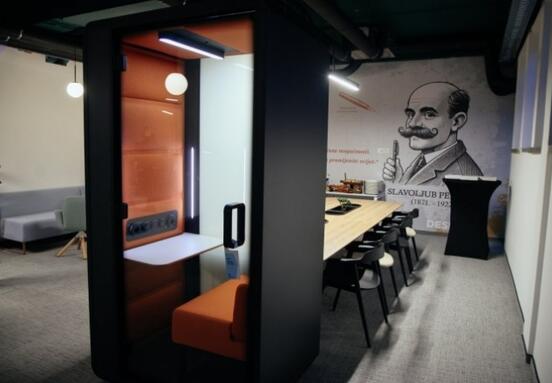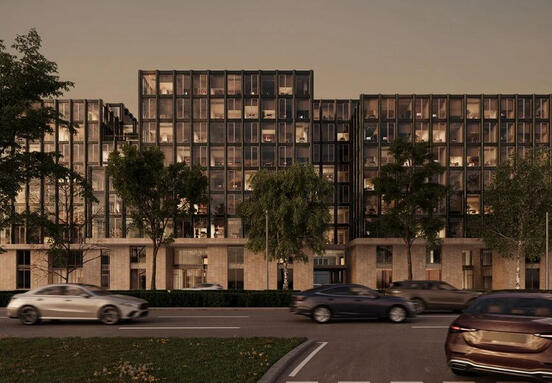In Germany, the housing shortage crisis could be alleviated by converting office space into apartments, reports the public service ARD. "In Germany, 20,000 new apartments could be created by conversion by 2025, as many office complexes stand empty with no prospect of re-letting," Helge Scheunemann of the real estate company JLL told ARD. He pointed to the example of the financial metropolis Frankfurt am Main, where several skyscrapers with offices have already been converted into buildings with apartments.
"In Frankfurt, they started conversion early because buildings with apartments bring higher income than buildings with offices, for which, unlike apartments, there has been a reduced demand for years," says the real estate expert. However, he said that the repurposing of classic offices, for which there is less and less need since the coronavirus pandemic and increased work from home, will not be able to solve the problem of a drastic lack of apartments, but it is only a "step in the right direction".
According to a study by the Pestel Institute from Hanover, Germany currently lacks 700,000 apartments, which is the largest housing shortage in the last 20 years. The biggest shortage reigns in the big cities, where the lack of housing has become a major problem for the economy, which is making it increasingly difficult to find accommodation for the skilled workforce. The lack of housing is associated with the arrival of a large number of refugees and immigrants for the needs of the labor market, as well as a drastic decline in the construction of new housing.
The stagnation in the housing sector was caused by rising interest rates, labor shortages, and rising prices of building materials. Another problem in the German real estate market is the drastic increase in rents, which is why the ruling Social Democratic Party of Germany (SPD) announced measures that would limit the increase in rents for three years. At the same time, the rent should not be higher than the average for a certain residential area.
The SPD's coalition partner at the federal level, the Liberal Democratic Party (FDP), strongly opposed the plans. "The SPD should rather concentrate on how to recreate the impulses for construction to invest in housing," said FDP spokesperson for housing policy Daniel Froest, adding that "enough housing on the market is the best protection for tenants."
Source: Poslovni.hr







